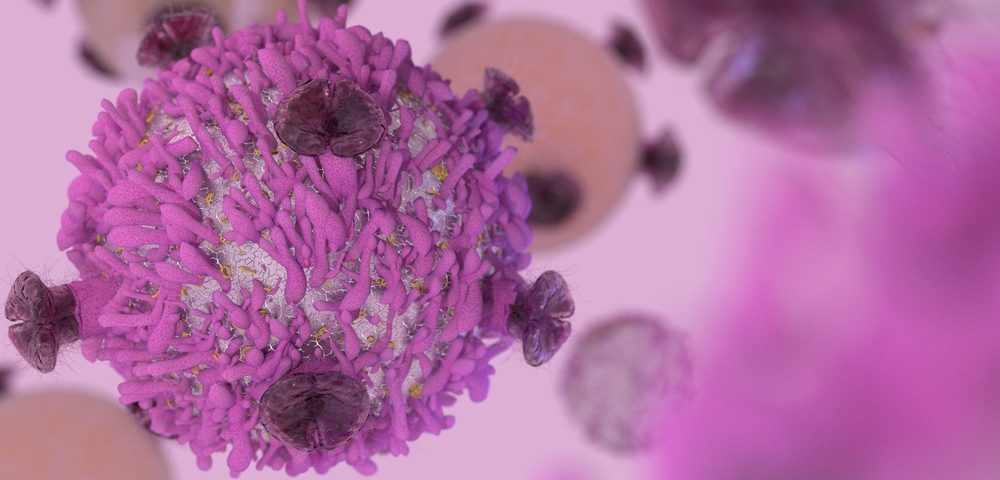Thirty-seven percent of patients with a difficult-to-treat lymphoma had their cancer disappear after receiving Novartis’ CTL019 (tisagenlecleucel), according to an interim analysis of Phase 2 clinical trial results.
Other patients achieved a partial response to the CAR T-cell therapy at three months, making the overall response rate 45 percent. The JULIET trial (NCT02445248) involved patients with relapsed or treatment refractory diffuse large B-cell lymphoma (DLBCL).
CAR T-cell therapy uses a patient’s own immune cells to attack a tumor. Doctors collect patients’ cells, genetically engineer them to aggressively target a tumor, then inject them back into the patient.
Novartis presented the trial findings at the International Conference on Malignant Lymphoma in Lugano, Switzerland. It started June 14 and will run to June 17.
“The overall response rate seen in this early analysis is impressive for these heavily pre-treated patients with relapsed/refractory DLBCL, who have limited treatment options,” Dr. Stephen Schuster, the lead investigator of the study, said in a press release. He is a professor of hematology and oncology at the University of Pennsylvania’s Perelman School of Medicine and Abramson Cancer Center.
“The goal for these patients is achieving durable response,” Schuster said. “The most promising aspect of these data is that, at the time of this interim analysis, all patients with complete response at three months have remained in complete response.”
All of the trial participants had had at least two earlier treatment courses. In fact, 60 percent had at least three lines of chemotherapy, and 51 percent had a stem-cell transplant.
Twenty-three, or 45 percent, of the 51 patients who were evaluated responded to CTL019. Nineteen, or 37 percent, achieved a complete response. The results indicated that the trial met its primary goal of patients achieving a significant response to treatment.
The JULIET trial is the first global study of CTL019’s impact on DLBCL. Novartis hopes the results lead to U.S. and European regulators approving the therapy. The company expects the full trial data to be available later this year.
Scientists have discovered that the immune response a CAR T-cell therapy triggers is so strong that many patients develop cytokine release syndrome, which involves overproduction of inflammatory molecules.
In the JULIET study, 57 percent of patients experienced the potentially life-threatening condition. About a quarter had moderate or severe reactions.
No patients died from treatment-related effects, but three died of their cancer within 30 days of treatment.
Not all of the patients benefitted from the treatment. Among the 141 who enrolled in the study, researchers were unable to generate enough CAR T-cells to treat nine patients. The cancer became worse in 43 before they had an infusion, making treatment impossible.
“We are pleased the interim results from JULIET highlight the potential for CTL019 to elicit durable responses in patients with relapsed/refractory DLBCL, an area of high unmet need,” said Vas Narasimhan, Novartis’ chief medical officer. “Novartis is committed to progressing our portfolio of CAR-T therapies in hematological [blood] and solid tumors to advance the care of cancer patients.”
CTL019 received Breakthrough Therapy designation from the U.S. Food and Drug Administration in April 2017 — a decision based on data from the JULIET trial.


